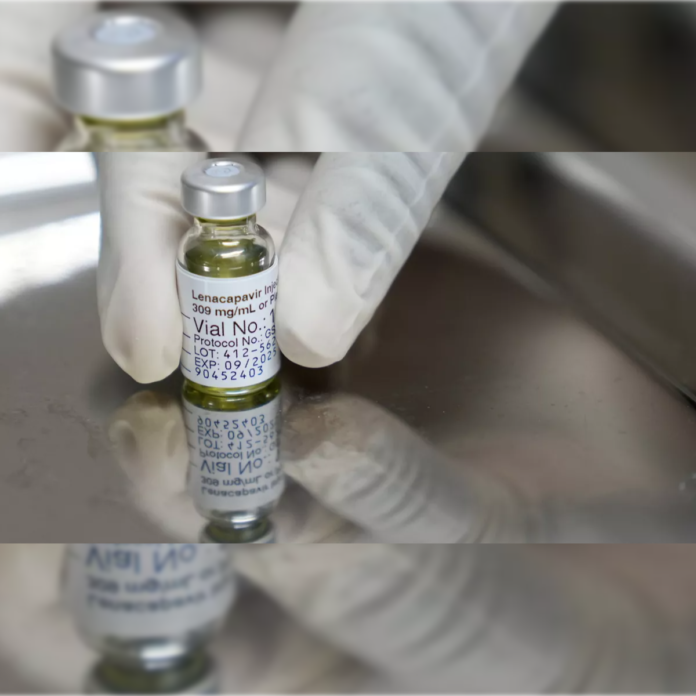Lenacapavir, an HIV treatment drug sold under the brand name Sunlenca by Gilead, a leading US pharmaceutical company, could potentially see its price slashed to as low as $40 per year per patient. This is a thousand times cheaper than its current cost of over $42,000, according to a study cited by The Guardian on Tuesday. This dramatic price drop would mark a significant milestone in making HIV treatment more accessible worldwide.
Lenacapavir has been lauded as “the closest we have ever been to an HIV vaccine,” offering a groundbreaking step forward in the fight against HIV and AIDS. Currently, the drug is priced at $42,250 for the first year of treatment, a cost that is prohibitive for many patients who need it most.
Understanding HIV and Lenacapavir
HIV (Human Immunodeficiency Virus) is a virus that attacks the immune system, potentially leading to AIDS (Acquired Immunodeficiency Syndrome) if untreated. HIV is primarily transmitted through sexual contact, shared needles, and exposure to infected blood. The introduction of effective drugs like Lenacapavir has revolutionized treatment, offering hope for millions living with this condition.
In December 2022, the US Food and Drug Administration (FDA) approved Lenacapavir for the treatment of HIV infections. The drug is available in oral tablet form and as an injectable, with follow-up injections required every six months to maintain effectiveness.
Promising Trial Results
Last month, Gilead announced promising results from a study involving 5,000 women in South Africa and Uganda, which demonstrated that Lenacapavir provided 100% protection against HIV. This breakthrough has sparked global discussions on how to make the drug more widely available at an affordable cost.
Organizations like UNAids have been urging Gilead to consider pricing strategies that would allow Lenacapavir to be accessible on a global scale, emphasizing the importance of affordable treatment in combating the HIV epidemic.
The Case for Affordable Pricing
A study presented at the 25th International AIDS Conference in Munich highlighted the potential for Lenacapavir to be mass-produced at a cost of just $40 per year. This estimate takes into account the costs of ingredients and manufacturing and assumes a patient base of 10 million users annually. Even at this reduced price, the study suggests that the drug could still yield a 30% profit margin.
Currently, Lenacapavir is licensed solely for treatment purposes and not for prevention. However, the Munich study projects that in the long term, approximately 60 million people might require the drug as a preventative measure to significantly lower global HIV levels.
Global HIV Statistics
According to the World Health Organization (WHO), nearly 39.9 million people were living with HIV worldwide by the end of 2023. The epidemic continues to have a devastating impact, particularly in Africa, where 1 in every 25 adults is affected by the virus.
In India alone, UNAids estimates that there were approximately 2.5 million adults and children living with HIV at the end of 2023. The India HIV Estimates 2021 report revealed that AIDS-related deaths reached around 42,000 in 2021, underscoring the urgent need for accessible treatment solutions like Lenacapavir.
The potential reduction in Lenacapavir’s price represents a hopeful step towards making life-saving HIV treatment more accessible to those who need it most. As global health organizations continue to advocate for affordable pricing, this development could pave the way for significant advancements in the fight against HIV and AIDS.
Uncensored Networks remains committed to providing comprehensive coverage of developments in healthcare and pharmaceuticals. Stay tuned for further updates on this crucial issue.



